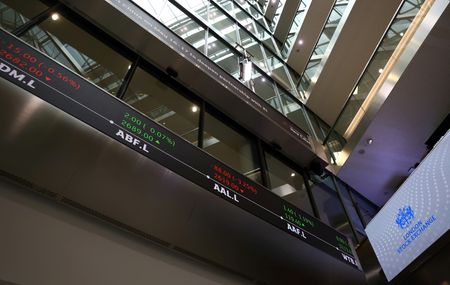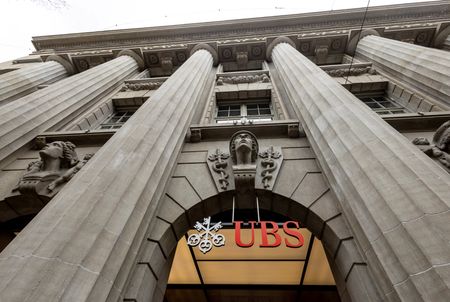LONDON (Reuters) – Around one in six British companies cut hiring late last year, the highest share since early 2021, according to a survey that showed firms felt pressure to raise prices due to tax increases that will come into force in April.
The British Chambers of Commerce said 16% of companies cut jobs in the fourth quarter, up from 13% in the third quarter.Monday’s survey showed 75% of businesses were facing pressure to raise prices due to the cost of labour, up from 66% and marking the highest proportion since records started in 2017.
The quarterly survey was conducted between Nov. 11 and Dec. 9, after finance minister Rachel Reeves’ Oct. 30 budget, which set out a 25 billion-pound ($30.29 billion) increase in payroll taxes.
“Business confidence has been hit hard since the budget,” Jane Gratton, the BCC’s deputy director of public policy, said.
“Employers are now having to plan for a significant increase in employment costs, with steep rises in national insurance and the minimum wage coming down the track in April. This will inevitably impact on recruitment, retention and staff development.”
Reeves, under pressure from sharply increasing government borrowing costs, has said economic growth is her top priority and that the tax increases were necessary to promote investment and rebuild public services.
The BCC’s survey is likely to interest the Bank of England, which is monitoring how companies are responding to the budget – a key uncertainty for the inflation outlook.
Its report chimed with other businesses surveys.
A Deloitte survey earlier on Monday showed the biggest drop in firms’ hiring intentions since early 2020.
Nearly one in five of the 4,808 survey respondents told the BCC they cut investment in training staff.
($1 = 0.8254 pounds)
(Reporting by Suban Abdulla, editing by Andy Bruce)











